-
Join the
Digital Meets Culture
Open Newsroom! If you have interesting news and events to point out in the field of digital cultural heritage, we are waiting for your contribution.
If you have interesting news and events to point out in the field of digital cultural heritage, we are waiting for your contribution.
-
Free text
-
-
Upcoming events
-
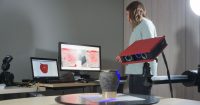
The Digital European Programme-funded project EUreka3D has ended at the close of 2024. The two-year project marks a significant milestone in the field of 3D cultural heritage preservation and digitisation. It developed innovative technology and practices to push forward the … Continue reading →
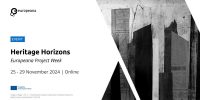 Online, November 25th – 29th, 2024
Online, November 25th – 29th, 2024The ‘Heritage Horizons Project Week: Shaping the common European data space for cultural heritage’ will take place from 25 – 29 November 2024. This event – organised by the Europeana Initiative – will put the spotlight on the diverse … Continue reading →
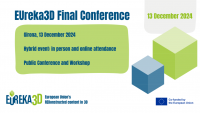 Girona and online, December 13, 2024
Girona and online, December 13, 2024Registrations are now open for the EUreka3D Final Conference, which will take place in Girona on 13 December 2024. The event will consist of a hybrid public conference by project partners and invited contributors, and a public onsite workshop mainly … Continue reading →
Area: digital heritage
On the 12-13 November 2013, at the Jerusalem’s Van Leer Institute, is being held the Xth Annual International Event for Professionals in Cultural Heritage and Advanced Technologies. Scholars from all-over-the-world are invited to share their latest projects with the colleagues with a seven-minutes spot-light. Continue reading
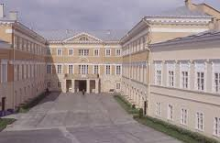
LAM is a national museum based in Vilnius, originally founded in 1933, it takes an active role in regularly organizing exhibitions and cultural events and in connection of the opening of a travelling exhibition and an internationa conference about ancient photography and digitization, it was chosen to host the third plenary meeting of EuropeanaPhotography project. Continue reading
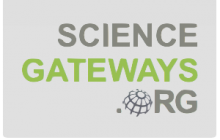
Sciencegateway.org organises a Science Gateway Institute workshop co-located with IEEE Cluster 2013 Conference. Papers will be co-publishing in a special issue of Concurrency and Computation, Practice and Experience (http://www.cc-pe.net/journalinfo/) together with selected papers presented at the International Workshop on Science Gateways 2013 (http://www.iwsg2013.org). Continue reading
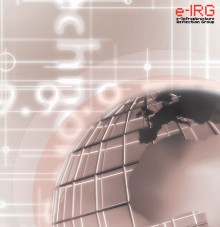
A flexible and dynamic ecosystem, providing integrated services through interoperable infrastructures. It should be open and accessible, and continuously adapting to the changing requirements of research and to new technological opportunities. Continue reading
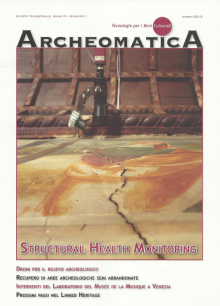
The n. 21 issue of the Italian magazine Archeomatica includes as “guest paper” a wide overview about Linked Heritage. The article, in English language, was written by dr. Antonella Fresa and dr. Claudio Prandoni, the Technical Coordination of the project. Continue reading
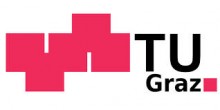
Beside the core-activity related to project progress and achievements, the TUG team is doing a very important work of dissemination. Very recently, in particular, CULTURA was represented in 2 very valuable workshops (German language) related to humanities. Continue reading
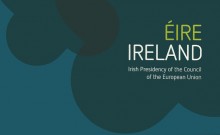
Ciaran Clissmann presented CULTURA as one of the projects working on innovative technologies to enable new opportunities
to preserve and access digital cultural heritage content. Continue reading

Medelhavsmuseet – the Museum of Mediterranean and Near Eastern Antiquities in Stockholm will digitally place human mummies on a virtual autopsy table. The work is taking place in advance of a new exhibition on Egypt, which is due to open in 2014. It will be possible to zoom into very high resolution to see details like carving marks on a sarcophagus, and the true colors of the mummy. The 3D model also allows to “unwrap” a mummy by peeling off virtual layers of the wrapping to explore the mummy itself and the artifacts that were buried with the body. Continue reading

The goal of the course, organised in 4 webinars, is to create the skills to integrate scientific applications in Science Gateways implemented with the Catania Science Gateway Framework. This will allow the creation of an intercontinental team of deveopers able to respond to requests of integration of specific applications from Virtual Research Communities all around the globe. Continue reading
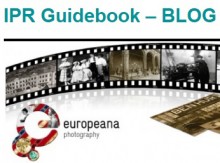
Discussions about IPR in EuropeanaPhotography so far went through an IPR dedicated mailing list, which is restricted to the project’s members. The on-line support service is instead open to everybody and surely this website will become in a short time a benchmark for IPR issues for the whole community. Continue reading























